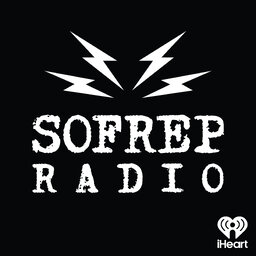Bart Gullong and Charles Barber, Inventor of QuikClot and Author of "In the Blood"
Charles Barber is the author of In the Blood, the story of how Bart Gullong and his partner Frank Hursey discovered how a crushed rock called zeolite had blood‑clotting properties. It took years to overcome the legal hurdles initially brought forth by the Army but the product won in the end, giving rise to QuikClot, now a basic lifesaving miracle for every military first aid kit.
At age 50, Bart Gullong met his future business partner Frank Hursey. Frank actually experimented with kitty litter to discover QuikClot but eventually lost the patent to it. Bart's role was helping in the business side of things and the small company that Gullong and Hursey created in 2002 out of a workshop recently sold for more than half a billion dollars.
Get your copy of In the Blood:
Amazon: https://amzn.to/3plIBYh
Join the SOFREP Book Club here: https://sofrep.com/book-club
In 1 playlist(s)
SOFREP Radio
Special operations military news and straight talk with the guys in the community. Hosted by former …Social links
Follow podcast
Recent clips

No Feel-Good Talk: Real-World Readiness from DoD Contractor Rob Kelly
1:04:24

Why Most Leaders Plateau: Chris Hallberg on Leadership That Lasts
1:03:03

Inside the DOJ: Assistant Attorney General Harmeet Dhillon Speaks Exclusively to SOFREP Radio
13:31
 SOFREP Radio
SOFREP Radio